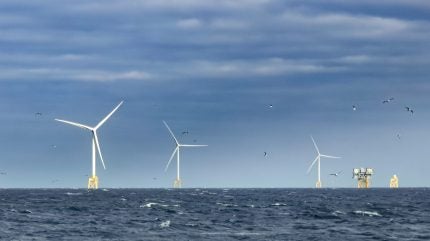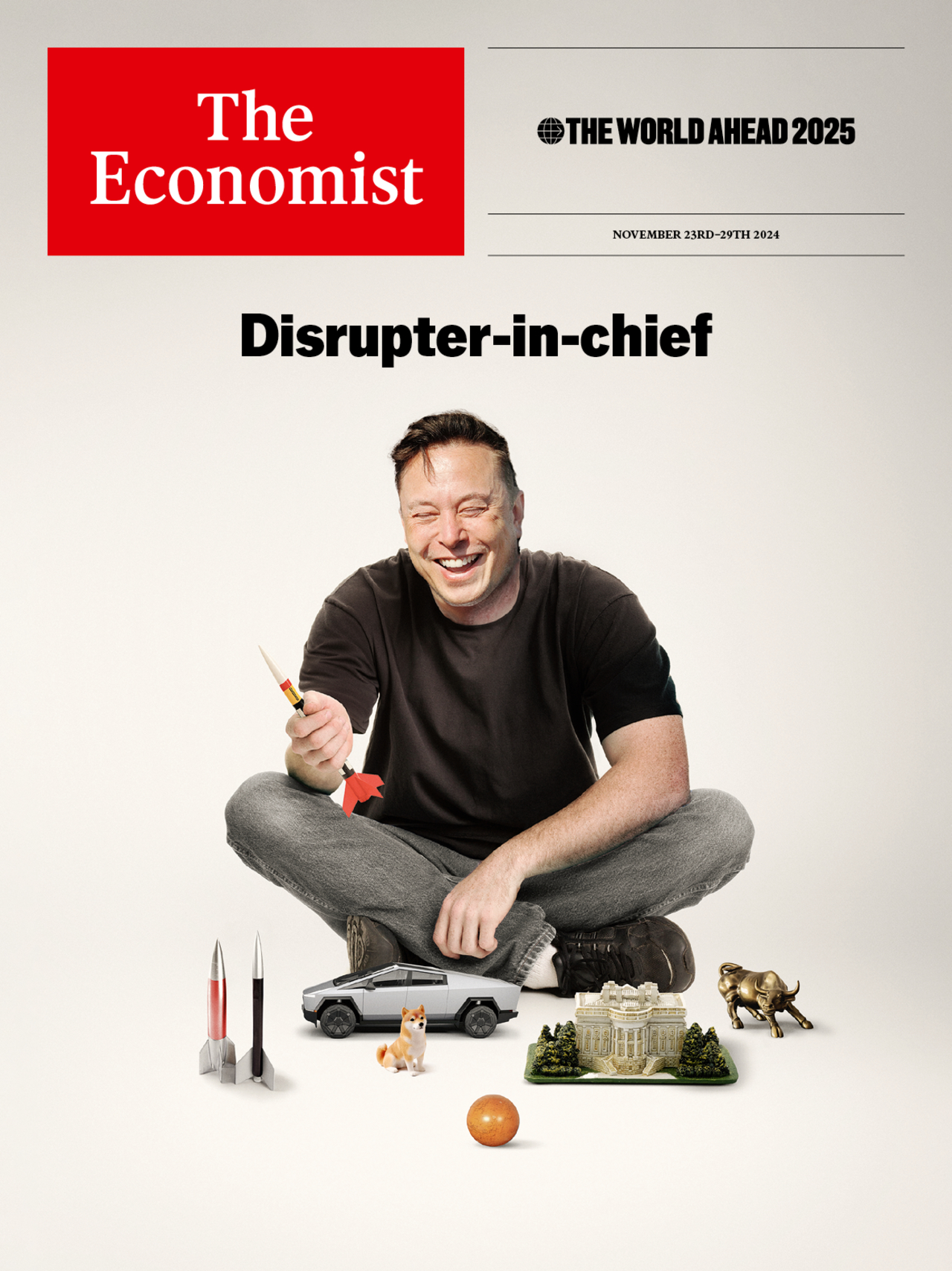The Rise of AI in Entertainment and Energy
In a groundbreaking move for the television industry, ITV has announced its plan to harness the power of artificial intelligence to generate innovative programme ideas. This initiative marks a significant development in the UK television landscape, as the broadcaster seeks to fill a new position with an expert capable of leveraging AI technology to create content for TV shows, films, and digital-first platforms. The potential applications of generative AI in this context could redefine how television content is conceptualized and produced.
 ITV’s innovative step into AI for content creation.
ITV’s innovative step into AI for content creation.
As the industry rapidly evolves, ITV’s decision to explore AI-driven ideation could represent a shift in how traditional broadcast networks operate. The company is on the lookout for a “visionary” capable of steering the strategic transformation through AI. According to a company spokesperson, “At ITV, we are using AI tools to enhance and expand our creative and production processes.” This indicates not only an openness to technology but also a recognition of the unique value that human creativity brings to the table, which cannot be replaced but rather augmented by such advancements.
AI Enhancements in Creative Processes
The new role at ITV is set to focus on utilizing generative AI for character development and brainstorming new concepts. Yet, there’s a crucial question looming: Will AI primarily fuel innovative ideas for marquee programs like Coronation Street? The answer remains uncertain, as executives appear reticent to confirm specifics regarding its application in existing hit shows. Nevertheless, the potential for AI to inspire fresh narratives could significantly enrich the storytelling landscape.
This endeavor comes on the heels of a previous successful experiment where ITV leveraged AI to produce television advertisements, enabling smaller brands to create cost-effective advertising material before securing airtime. Jason Spencer, ITV’s business development director, emphasized the need to democratize television advertising, stating, “By expanding our existing creative production services to include making ads with GenAI, we can democratize this further and make the power of TV advertising accessible to all.”
 The future of advertising unfolds through AI-driven creativity.
The future of advertising unfolds through AI-driven creativity.
A Broader Look at AI’s Role
While ITV embraces AI in content generation, the BBC has yet to implement similar technology for ideation. Instead, the corporation employs AI to assist with operational tasks, such as monitoring wildlife for its Springwatch series. They have underscored the importance of maintaining alignment with public service values, emphasizing creativity and talent as paramount. Their approach highlights a cautious but thoughtful integration of technology into broadcasting.
AI’s influence extends beyond television. In a related development, the Neart na Gaoithe (NnG) offshore wind farm has initiated power supply to the UK grid, illustrating another dimension where technology and innovation converge. Set to fully commission by summer 2025, the NnG project is anticipated to generate sufficient energy for 375,000 homes while offsetting over 400,000 tons of CO2 emissions annually.
 Pioneering clean energy solutions through advanced technology.
Pioneering clean energy solutions through advanced technology.
The 450 MW wind farm, located off the coast of Fife, Scotland, consists of 54 turbines and signifies a monumental step toward achieving net-zero carbon emissions for the UK. The project not only aids in reducing carbon footprints but also creates around 50 jobs over its operational lifetime. This dual impact of environmental conservation and job creation showcases how technological advancements can serve broader societal goals.
The Intersection of Innovation and Society
The initiative at NnG and ITV’s foray into AI illustrate a growing trend: technology as a catalyzing force in both environmental sustainability and creative industries. However, while the integration of AI in various sectors holds promise, it is not without contention. In 2023, members of the Writers Guild of America and the Screen Actors Guild protested against AI, fearing that automation would undermine their professions and threaten their livelihoods.
Industry giants like Netflix are also navigating this complex landscape, advertising vacancies for AI product managers with staggering salaries, amidst a backdrop of union strikes and fears of displacement. This juxtaposition of opportunity and concern reflects the broader societal discourse regarding AI’s role in our future, especially in realms like entertainment and labor.
Conclusion: Navigating the Future of Technology
As ITV pioneer its AI initiatives while NnG begins generating clean energy, the unfolding narrative of technological integration continues to captivate and challenge industries worldwide. As we stand on the cusp of what could be a transformative era for both media and energy sectors, it’s imperative to tread carefully, ensuring that advancements in AI, automation, and renewable energy prioritize human elements, community engagement, and creative integrity.
Through thoughtful implementation and vigilant governance, AI can enhance creativity and optimize operations — ultimately driving forward a future where technology complements human creativity, rather than replaces it.
For more on how energy projects are reshaping our grid and how AI is influencing creative sectors, explore EDF Renewables and Honeywell International Inc.















